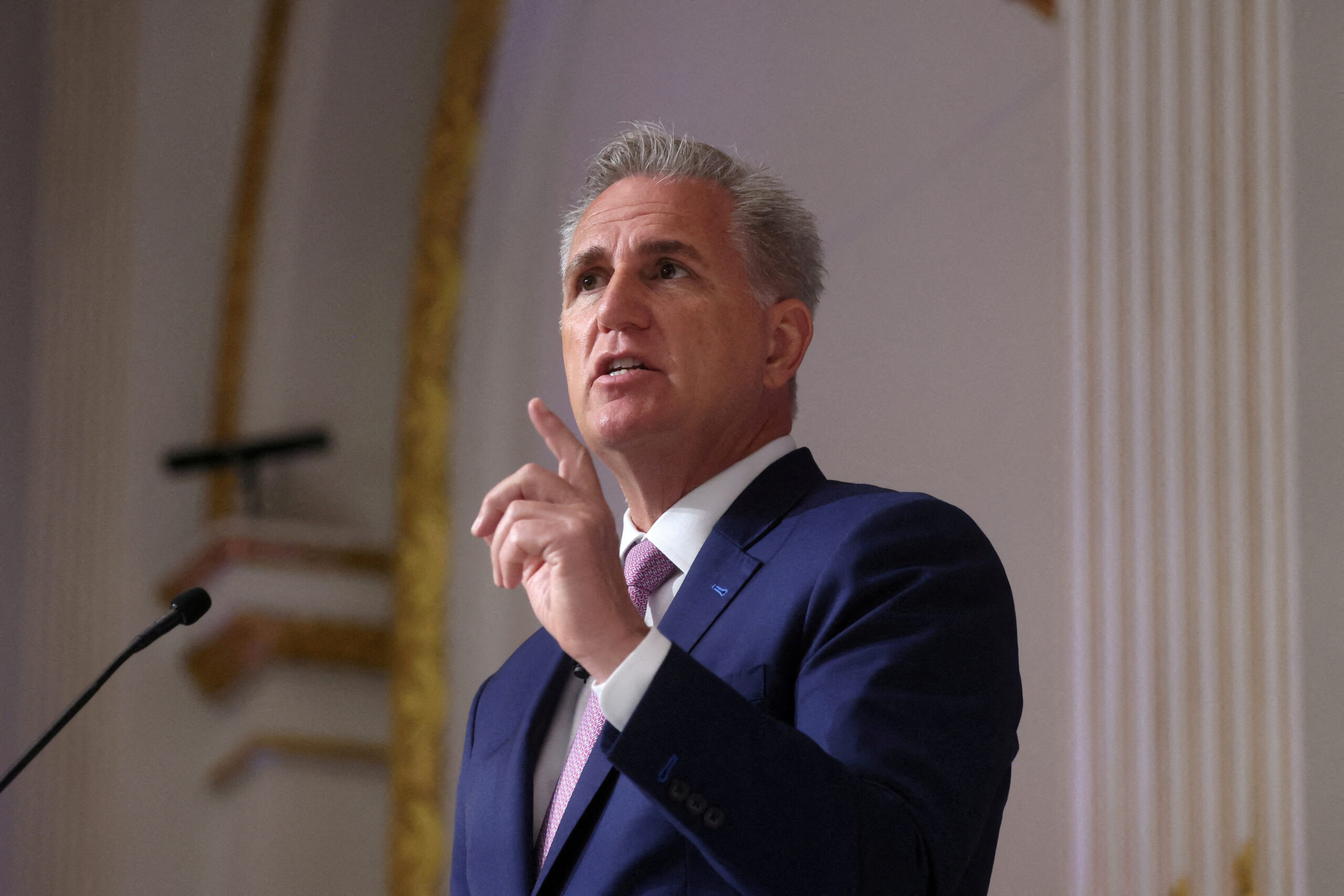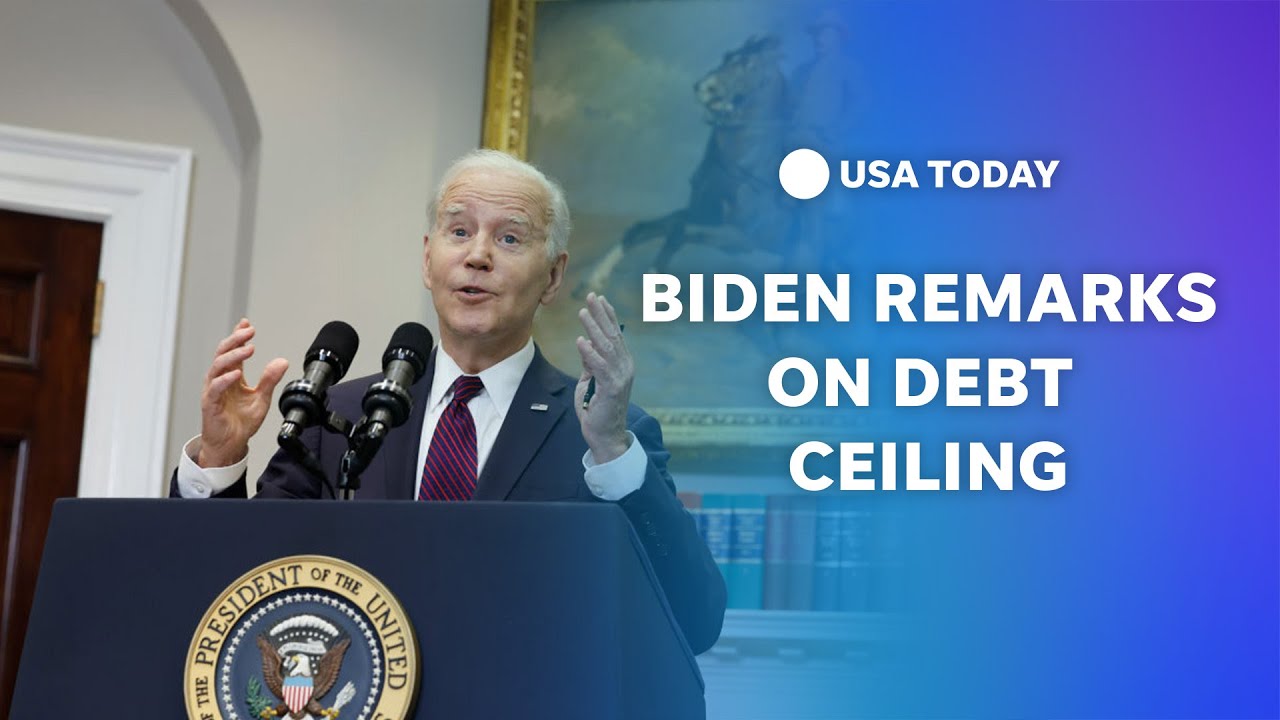Kevin McCarthy, the Republican House Speaker, said a bill to raise the US debt ceiling could be put to a vote as early as next week, offering hope that the White House and Congress will strike a deal to avert default ahead of the June 1 deadline.
“We’re not there, we haven’t agreed to anything yet. But I see the path that we can come to an agreement,” McCarthy told reporters on Capitol Hill on Thursday morning. “I think we have a structure now and everybody’s working hard. I mean we’re working two or three times a day, then going back getting more numbers.”
His comments are among the most optimistic he has delivered on the debt ceiling crisis, matching the upbeat tone coming from the White House earlier in the week. President Joe Biden said on Wednesday he was “confident” a deal could be reached to avoid an unprecedented and potentially economically devastating default that could come early next month if Congress fails to act.
Following the reports of progress on deal talks, US stocks jumped. Both the blue-chip S&P 500 index and the Nasdaq Composite reached their highest levels since August 2022, up 0.9 per cent and 1.5 per cent, respectively. The yield on the one-month Treasury bill, which in recent days hit multi-decade highs on debt ceiling fears, dipped modestly.
McCarthy’s comments come as House Republicans and White House negotiators have plunged into detailed talks on a possible compromise, which would probably involve limits on discretionary spending, legislation to streamline permitting for big investment projects, and new work requirements for social safety net programmes. In a sign that the talks were advancing, McCarthy praised White House negotiators Shalanda Young, the budget director, and Steve Ricchetti, one of Biden’s closest advisers.
The president is in Japan for the G7 leaders summit, but is being kept updated on the talks by Bruce Reed, his deputy chief of staff, who is travelling with him. Biden is returning to Washington on Sunday to oversee the final stretch of the talks, cutting short a trip that was supposed to include stops in Papua New Guinea and Australia.
Any agreement would have to pass both the House and the Senate before reaching Biden’s desk for his signature, meaning there could be turbulence and uncertainty in the days ahead.
As the negotiations intensified in recent days, the president faced growing calls from members of his own Democratic party to invoke the 14th amendment of the constitution and ignore the debt ceiling entirely, rather than make concessions on spending and aid to the poor that could harm the economy. It is also still unclear whether McCarthy can make an agreement with Biden without facing a huge backlash from the hardline pro-Donald Trump wing of the Republican party, and a possible challenge to his speakership.
Congress could vote on debt ceiling bill next week, Kevin McCarthy says

